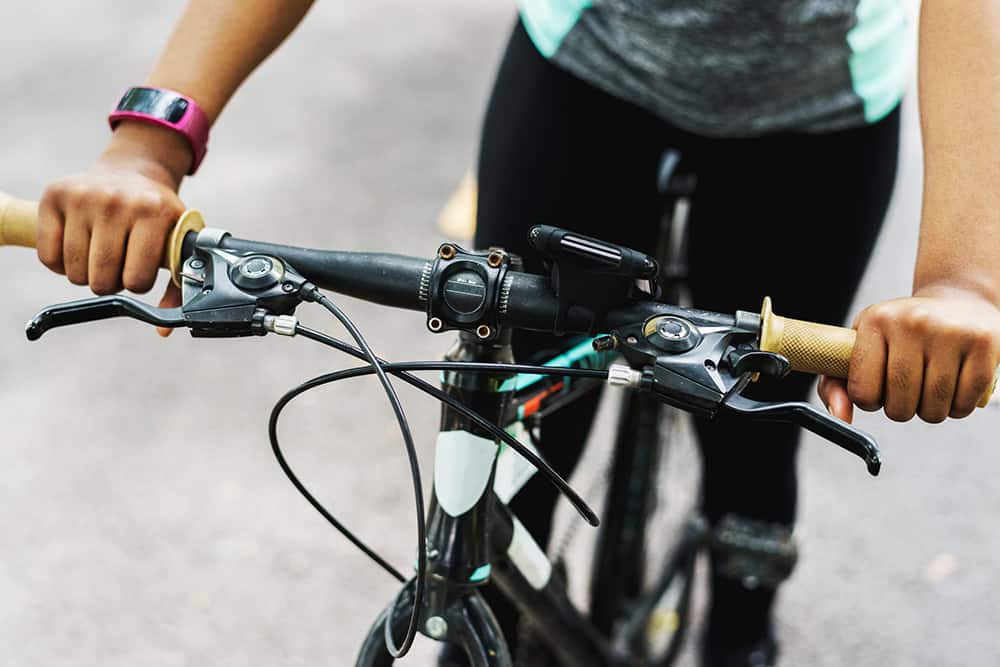New campaign calls for cycles to be put on a par with mobility scooters

Inclusive cycling charity Wheels for Wellbeing has launched a new campaign which calls on the Government to class cycles as a mobility aid and to be put on a par with mobility scooters.
The campaign – ‘My Cycle, My Mobility Aid’ – aims to increase awareness amongst the public, policymakers and the police that disabled people often use their cycle as a mobility aid, but can be penalised for doing so.
It follows research by Wheels for Wellbeing last year that revealed nearly half of disabled people who use their cycle as a mobility aid have been asked to dismount and walk or wheel their cycle. The research also highlighted that disabled cyclists have been threatened with fines or Fixed Penalty Notices (FPNs) when using their cycle as a mobility aid.
According to Wheels for Wellbeing’s latest annual survey, up to three-quarters of disabled cyclists find cycling easier than walking, with the same proportion using their cycle as a mobility aid.
However, of those who use a cycle as a mobility device, nearly half have been asked to dismount and walk their cycle in areas where mobility scooters are allowed. This is because cycles are not legally recognised as a mobility aid, says the charity.
Isabelle Clement, Director of Wheels for Wellbeing, said: “Our research continues to show that most Disabled cyclists find cycling easier than walking, and use their cycle as a mobility aid. However, we are still finding that many Disabled cyclists are being penalised for this.
“This is discriminatory and discourages Disabled people from cycling, leading them to instead rely on mobility scooters or cars to get around – neither of which will help the Government meet its aims on climate change or physical inactivity.
“We are therefore calling on the Government to make changes to legislation so that cycles are recognised as a mobility aid, and put on a par with mobility scooters. Our new campaign will help raise public awareness of an issue whose importance is set to increase as we search for solutions to the physical inactivity and climate crises.”
Wheels for Wellbeing also hopes that its new campaign will raise public awareness of the mobility aid concept.
Roger Geffen, Cycling UK Policy Director, commented: “It’s a common misconception that disabled people don’t cycle. The reality is that people with all sorts of disabilities can and do cycle, often finding it easier than walking. Cycling offers them independence and health benefits that they would not get from using a mobility scooter.
“Yet they often face being penalised for this choice. Changing the law to treat cycles as mobility aids would end this injustice, enabling them to use shopping malls, pedestrianised areas and public transport without fear of unjust harassment simply for wanting to get around under their own steam.”
Officially classed as either class 2 or class 3 invalid carriages, class 2 mobility scooters have a maximum speed limit of 4mph and are only allowed to be used on pavements.
In contrast, class 3 mobility scooters can be used on pavements but can also be driven up to 8mph on roads. Class 3 mobility scooters are legally required to be registered with the DVLA for road use and must be used on the road alongside other motor vehicles. They are also permitted to travel on dual carriageways.
Wheels for Wellbeing’s latest campaign does not state whether cycles would be viewed as a class 2 or class 3 mobility aid, which makes it unclear as to how the cycles would be governed.
With an increase in mobility scooter accidents making headlines recently, the idea of cycles being classed as a mobility device could lead to an increase in accidents and fatalities amongst mobility device users.
In August 2019, the family of a 92-year-old grandmother who suffered serious injuries after being struck by a mobility scooter promoted a petition to review the rules governing the ownership and use of mobility scooters, with an aim of preventing future mobility scooter accidents occurring.
https://thiis.co.uk/new-campaign-calls-for-cycles-to-be-put-on-a-par-with-mobility-scooters/https://thiis.co.uk/wp-content/uploads/2019/09/bicycle.jpeghttps://thiis.co.uk/wp-content/uploads/2019/09/bicycle-150x150.jpegGovernment & Local AuthoritiesNewsroomThird Sectorcycles,disabled cyclists,disabled people,mobility aid,mobility device,mobility scooter,Wheels for WellbeingInclusive cycling charity Wheels for Wellbeing has launched a new campaign which calls on the Government to class cycles as a mobility aid and to be put on a par with mobility scooters. The campaign – ‘My Cycle, My Mobility Aid’ – aims to increase awareness amongst the public, policymakers...Sarah SarsbySarah Sarsbysarah@thiis.co.ukEditorTHIIS Magazine

